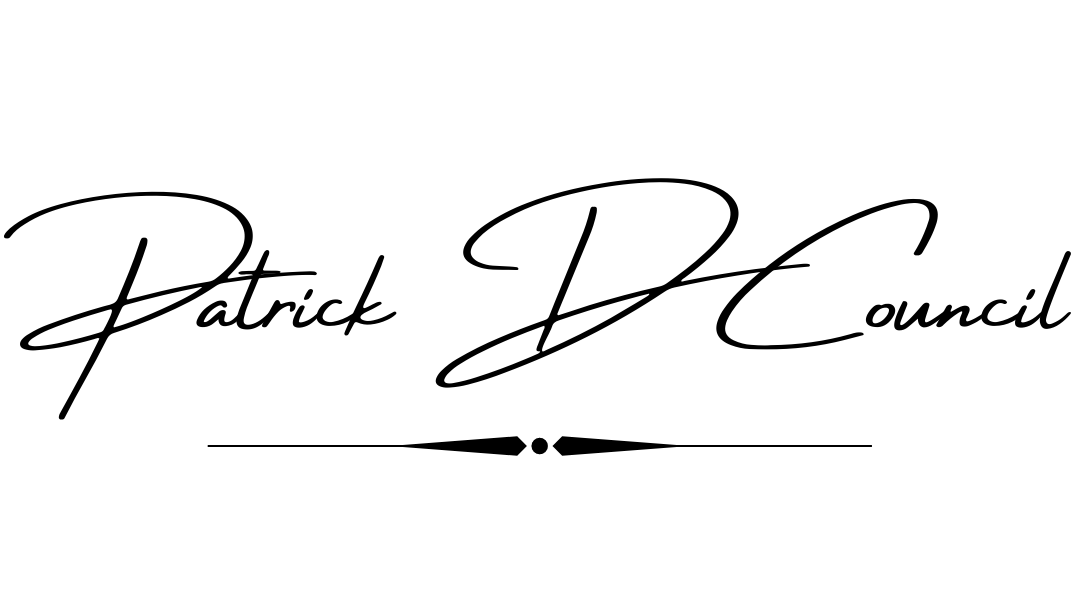How often do we analyze results so much that we create false realities? Maybe we use this false reality to make decisions. Are we completely rational when we make decisions or does at some point emotion direct our hand? Well, what happens when you start to analyze people’s reactions to you? It becomes far more personal, and it’s easy to let emotions steer your behavior without some kind of conscious effort. Nothing people do is because of you even if someone says so. The internal struggle with the life we see painted in front of our eyes is vastly different than someone else’s. Many people hold different values and beliefs, even if they agree to abide by common ones. Our unique interpretation of values and beliefs that the world presents to us as children and adults ultimately creates what we ultimately agree on.
Eventually, it seems that we naturally have disagreements with others. Imagine a group of 100 people making an agreement to each other, and acknowledging the agreement that they have with each other. What about agreements that are made between a few people? An attempt to establish an understanding amongst each other, with words used to determine the conditions of an agreement, gets misinterpreted by those outside of the agreement. What if suddenly the behavioral response to following the agreement doesn’t match the expected response? Anger, frustration, annoyed, and perhaps just a sudden outburst of disgust. Suddenly, there’s confusion, and even in the effort of clearing up confusion the behavioral response doesn’t match the words spoken.
At some point, you’ve got to acknowledge that making the decision to not make assumptions is the very reason why people communicating indirectly get frustrated. Trust your intuition. Does the energy felt match the energy expected? It’s hard to tell what people are really feeling. They may be experiencing a lot of hardships, and the energy they put off has nothing to do with you. You can’t assume that people are being honest as much as you can’t assume that people are being dishonest. Ask the question and find out. Even then, the answer may not be the truth and yet it can be the truth. It may be even a variation of the truth.
The point is, everyone interprets the world differently. They speak their word differently. It’s bound that people are going to disagree with you on nearly everything. People may also choose to be passive aggressive, or may even choose to simply never back up their word with supporting action. Even when you’re interacting with people who are aware of such things, they aren’t perfect. Maybe, even with all of the understanding and personal development of ones self, it can’t overwrite the fundamental flaws of human nature that results in conflict. Can we transcend our prior programming and actually change ourselves? Yes, and it requires tremendous energy to do so. It also requires full commitment and being fully open to do so.
What scares people the most is how you must challenge your own beliefs and values that run your life. It’s scary. However, if the goal is growth, then it should be exciting.
